
People around the world are becoming increasingly aware of the detrimental impact of plastic pollution on our planet. One initiative that has gained momentum in raising awareness and promoting action against plastic pollution is Plastic-Free July.
What is Plastic-Free July?
Plastic-Free July is a global movement that originated in Western Australia in 2011. What started as a local initiative has now grown into a worldwide campaign, engaging millions of people in over 170 countries. The aim of Plastic-Free July is simple: to encourage individuals to reduce their plastic consumption and waste throughout the month of July and beyond.
The initiative challenges participants to refuse single-use plastics, such as plastic bags, straws, bottles, and packaging, and to seek out more sustainable alternatives. By making conscious choices to eliminate or reduce plastic usage, individuals can contribute to the reduction of plastic pollution in their communities and beyond.
Why is Plastic-Free July Important for the Environment?
The prevalence of plastic pollution has reached alarming levels, posing significant threats to ecosystems, wildlife, and human health. Plastic takes hundreds to thousands of years to decompose, and much of it ends up in landfills, waterways, and oceans, where it persists indefinitely, causing harm to marine life and entering the food chain.
By participating in Plastic-Free July, individuals can help mitigate the environmental impact of plastic pollution in several ways:
- Reduction of Waste: By refusing single-use plastics, individuals can significantly reduce the amount of plastic waste generated, lessening the burden on landfills and the environment.
- Protection of Marine Life: Plastic pollution poses a grave threat to marine ecosystems, with millions of marine animals dying each year due to ingestion or entanglement in plastic debris. By reducing plastic consumption, individuals can help protect marine life and preserve delicate ocean ecosystems.
- Conservation of Resources: The production of plastic requires significant amounts of fossil fuels and energy, contributing to carbon emissions and environmental degradation. By opting for plastic-free alternatives and embracing sustainable practices, individuals can conserve natural resources and reduce their carbon footprint.
How Can You Participate in Plastic-Free July?
Participating doesn't require drastic lifestyle changes; rather, it involves making conscious choices and adopting sustainable habits. Here are some simple steps you can take to reduce your plastic consumption during July and beyond:
- Say No to Single-Use Plastics: Avoid plastic bags, straws, bottles, utensils, and other single-use items whenever possible. Instead, choose reusable alternatives such as cloth bags, stainless steel straws, and glass or stainless-steel water bottles.
- Choose Plastic-Free Packaging: When shopping, look for products with minimal or plastic-free packaging. Choose items packaged in glass, paper, cardboard, or other eco-friendly materials.
- Support Plastic-Free Brands: Seek out businesses and brands that prioritize sustainability and offer plastic-free alternatives. By supporting these initiatives, you can encourage more businesses to adopt environmentally friendly practices.
- Bring Your Own Containers: When buying groceries or takeout food, bring your own containers and bags to reduce the need for plastic packaging.
- Spread Awareness: Share information about Plastic-Free July and the importance of reducing plastic pollution with your friends, family, and community. Encourage others to join the movement and make conscious choices in their daily lives.
Plastic-Free July serves as a powerful reminder of the collective impact that individual actions can have on the environment. By participating in this global movement and making conscious choices to reduce plastic consumption, individuals can contribute to a cleaner, healthier planet for future generations.






















































.png)

%20(25).png)
%20(24).png)
%20(22).png)
%20(21).png)
%20(20).png)
%20(19).png)









%20(12).png)










.png)





.png)
.png)

.png)

.png)


.png)

.png)





.png)
.png)





.png)



.png)











.png)









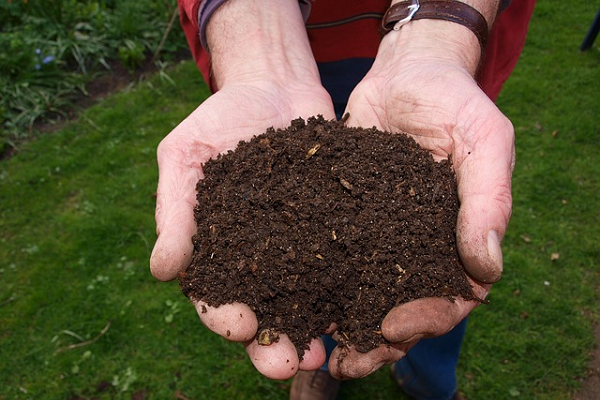
.png)

.png)






.jpeg)



.png)




.png)







%20resize.jpeg)



%20small.png)

.png)
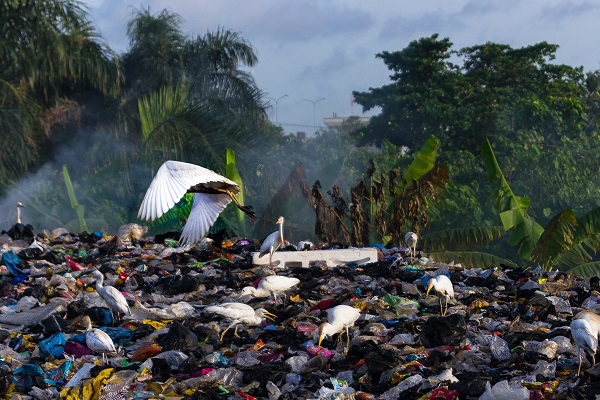
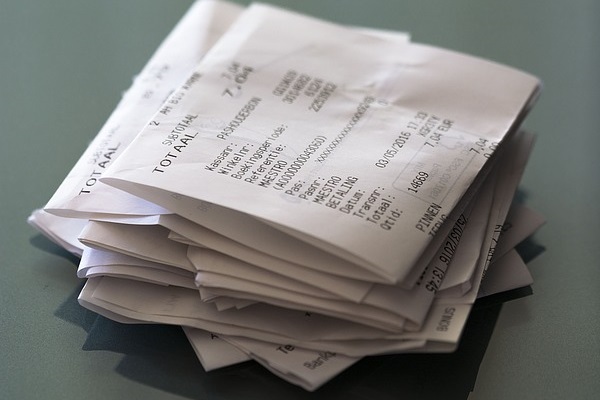

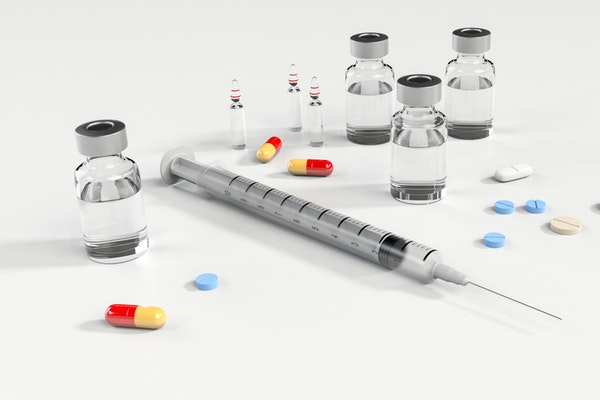

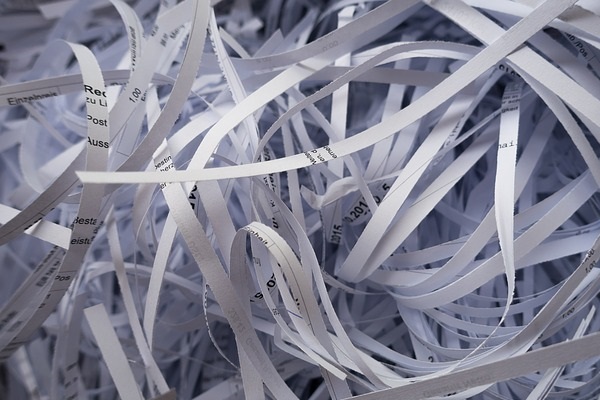

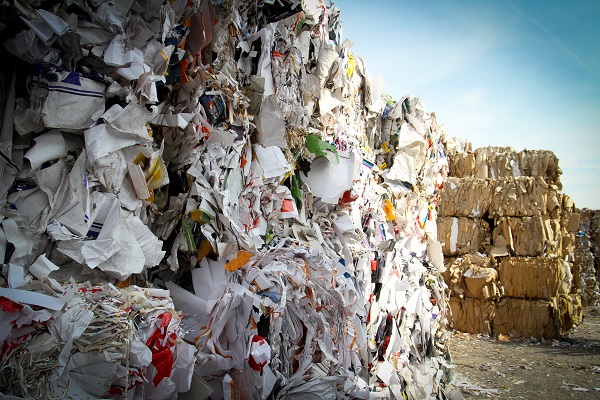
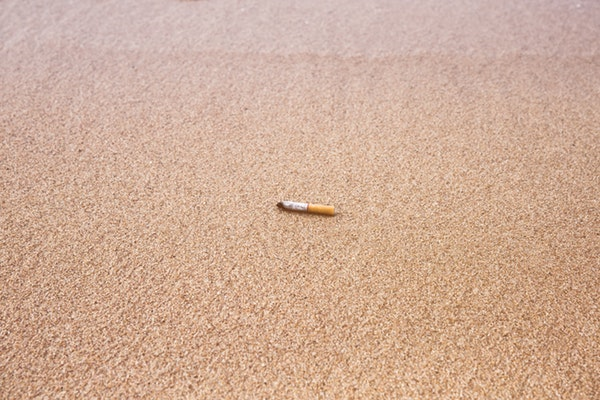
.png)
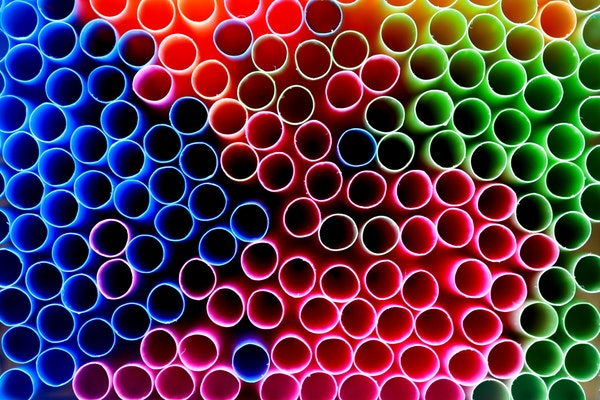
.png)

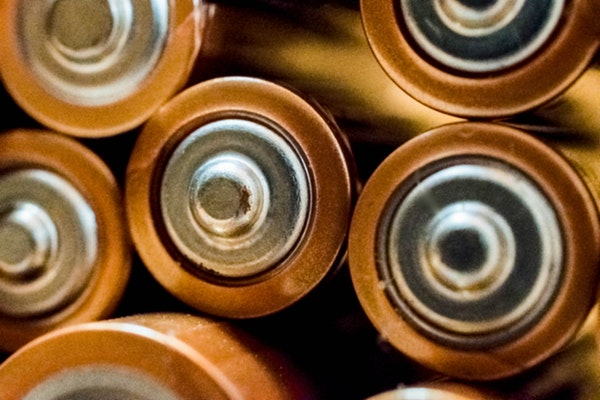
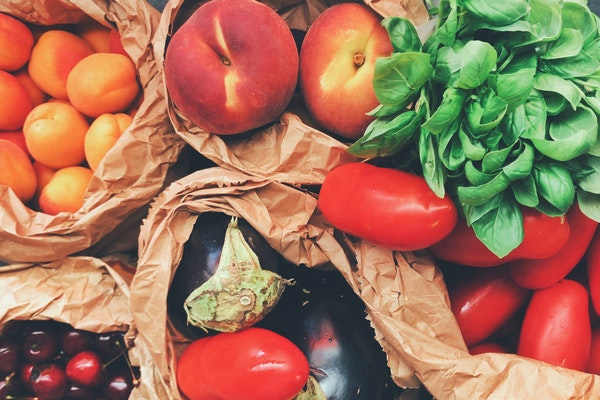







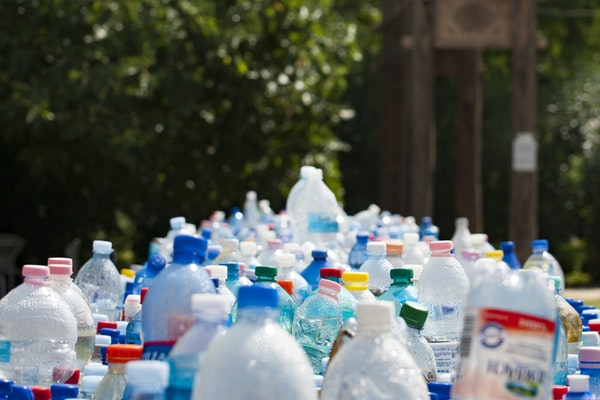
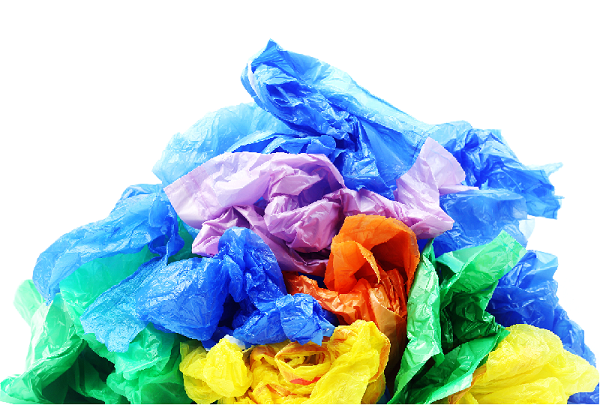



.jpg)
.jpg)
.jpg)
